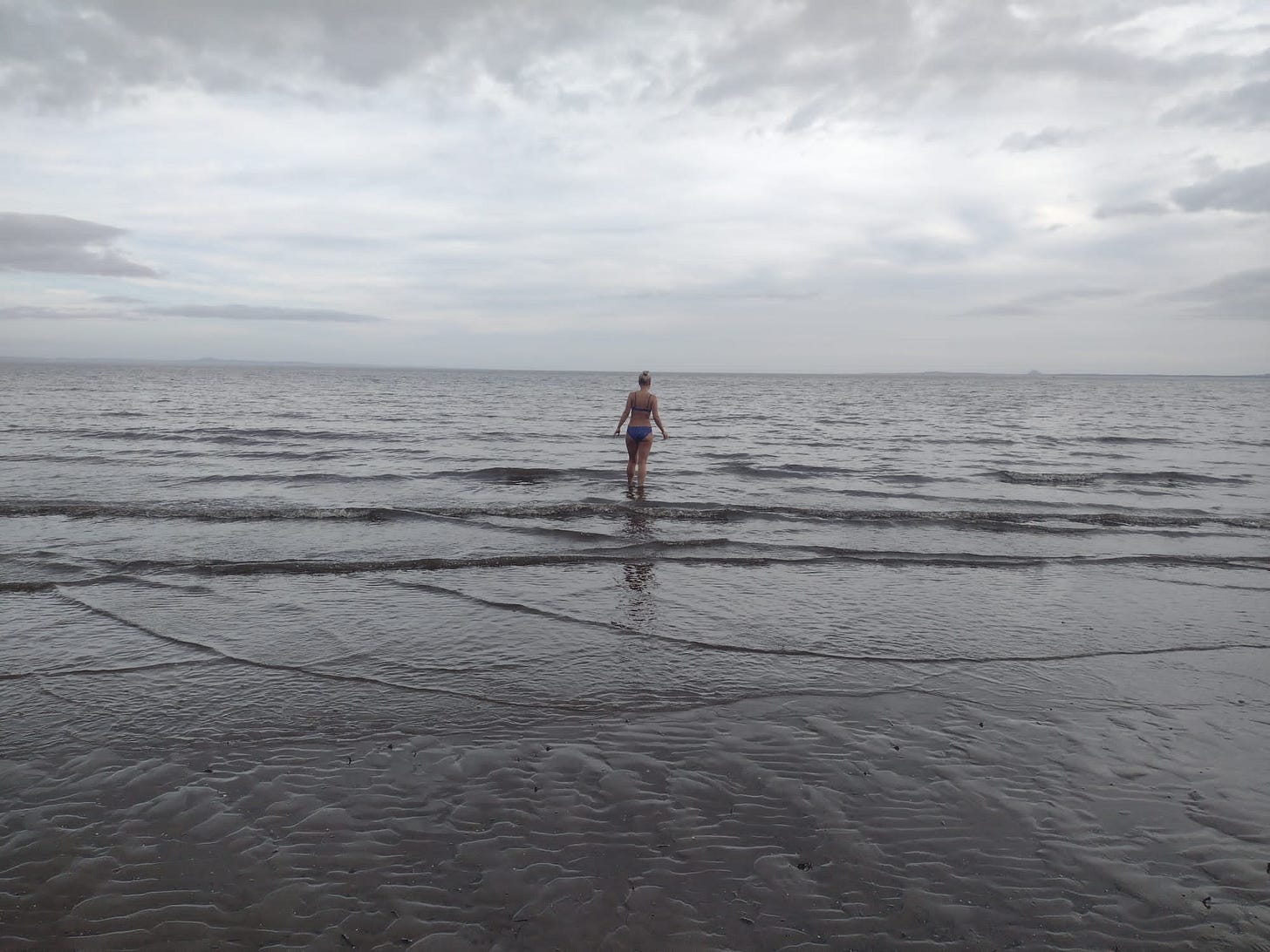The book-writing process is often described as a ‘mental marathon’. The word ‘milestone’ is frequently used to refer to reaching a significant word count on an author’s journey to the roughly 90,000 end goal. There is even a technique known as the ‘writing sprint’, whereby you set a timer and get down as many words as possible during that time period, which is designed to prevent procrastination and increase productivity.
Marathon. Milestone. Sprint.
These terms can be used both to talk about sport and within the context of writing a novel. This made me consider the relationship between the two.
Is there a link between exercise and creativity? Getting your limbs moving and ideas forming?
Exercise clears your head, helps blow the cobwebs away, and gets rid of brain fog. We all know these phrases well and you will most likely have felt the positive effect that physical activity can have on your mindset for yourself many times.
I’ve often noticed I can think better after a thirty-minute blast of (only moderately intense) exercise but what is the scientific reasoning behind it? Why exactly is being active so good for sharpening our thoughts and improving our focus?
I only looked into the underlying facts after I finished my most recent novel. For me, running and swimming were an integral part of the writing process, which at times seemed all-consuming and utterly overwhelming, and they were as indispensable as a notebook and pen when it came to actually being able to reach the finish line.
“Running and swimming were an integral part of the writing process”
Whenever I had writer’s block and had been staring at the laptop screen fruitlessly for far too long, I headed out for a run or a swim. Then, certain enough, I ended up finding the solution to whatever plot knot I’d been struggling with or came back home again brimming with suggestions that I was desperate to scribble down for subsequent chapters.
It’s no exaggeration to say that doing daily exercise made completing a full-length manuscript possible. Aside from the support of friends and family, and bolstering messages from my lovely readers, it was physical exercise that sustained me. It was fundamental to the imagining of the story.
I knew how I personally felt – that my mind was freer and my thoughts flowed more easily once I’d run around in the outdoors or done several laps in a pool or a lake, but does a 5km run or swimming for half an hour before work really have a direct impact on our concentration? It turns out it does.
That mental boost you experience post-workout is more than just a feeling of being less stressed and anxious. Exercise actually changes the brain.
So what happens when your muscles are moving and your heart is pumping to mean that your brain functions more optimally?
Both of these activities are classed as aerobic exercises (where cellular respiration involves oxygen) as opposed to anaerobic (without oxygen) and it’s this type of exercise that has been shown to reliably generate Brain-Derived Neurotrophic Factor (BDNF) – a protein that helps repair cells and grow new ones and therefore underpins learning and memory.
Swimming and running are proven to stimulate neuroplasticity (the brain’s ability to form new synaptic connections) and neurogenesis (the growth of new brain cells).
We also know that aerobic exercise releases neurotransmitters linked to mood enhancement and improved ability to focus, but more specifically the dopamine produced is often associated with creativity.
Amazingly, just 20 minutes of medium-intensity breaststroke can improve cognitive performance, according to a study, as swimming uses all the major muscle groups and involves the heart working at full speed, increasing blood flow to the brain.
The pressure of the water aids the circulation process by supporting your body and gently pushing the blood on its way around your system. The benefits for the brain are both structural – enabling damaged cells to be repaired and new cells to be grown – and functional. Both elements combine to make a brain that works better.
The study also notes that “regular swimming may confer chronic cognitive health benefits. This is important since swimming is an accessible form of exercise and has the potential to be beneficial for a wide range of people.”
Running promotes inspiration and innovation because the endorphin rush known as ‘runner’s high’ boosts brain activity. This can help with what scientists call ‘divergent thinking’ whereby the mind generates multiple solutions to a problem.
So heading out for a quick jog or a swim or hitting the gym when you’re struggling to think straight isn’t just a distraction technique, it can be a valuable tool for overcoming mental obstacles and working out how to tackle complex situations.
Breaking off the task in hand isn’t something to feel bad about, it can actually end up making you much more productive in the long run.
Ellie Wood is a Cumbrian author, swimmer and lover of the outdoors. Her books The Wildwater Women and The Restaurant at the Heart of the Lakes are available at all good bookshops. Her third book is out 27 March 2025, and is available for pre-order.
Ellie Wood: The joy of dipping a toe
‘Are you a wild swimmer?’ people would ask me when my novel The Wildwater Women came out. I’d say yes, explain that I’ve swum in the Cumbrian lakes and tarns since I was small, but somehow I still fe…









Thank you so much for this post! I wondered about the neuroplasticity part...very cool and fascinating. I love that my running fuels my writing. :) Thanks again.
Such a great read - answered so many things I’ve wondered and never got round to googling.